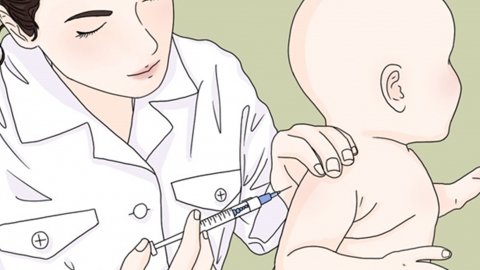How many years does the hepatitis B vaccine provide protection?
Under normal circumstances, the protective duration of the hepatitis B vaccine typically lasts 5 to 10 years. In some individuals, antibody levels remain high after vaccination, extending protection beyond 10 years. The exact duration should be determined based on individual antibody levels. It is recommended to regularly test for antibodies and decide whether a booster dose is needed according to the results. Detailed analysis is as follows:

The effectiveness of the hepatitis B vaccine is related to the recipient's immune status. Individuals with normal immune function tend to develop higher levels of protective antibodies that last longer after vaccination. Those with weaker immune systems may produce fewer antibodies, resulting in a relatively shorter protection period. For these individuals, antibody testing intervals can be shortened appropriately, such as every 3–5 years.
Whether the vaccination schedule is completed properly also affects the duration of protection. Following the standard 0-, 1-, and 6-month schedule ensures optimal stimulation of long-lasting antibody production. Incomplete vaccination or insufficient dosage may lead to lower antibody levels and reduced protection time. Therefore, it is essential to strictly follow medical advice and complete the full vaccination course.
In daily life, avoid contact with blood or bodily fluids from individuals with hepatitis B to reduce infection risk. Even after vaccination, regular testing for hepatitis B antibodies is recommended. If antibody levels fall below the protective threshold, a booster dose should be administered promptly under medical guidance to maintain effective immunity.






